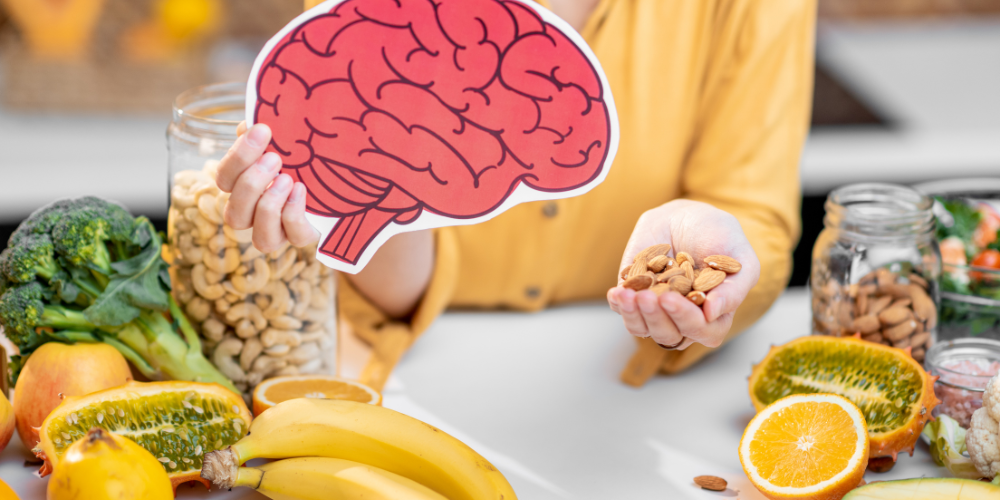Have you ever felt butterflies in your stomach before a big presentation? Or experienced a dip in mood after a heavy meal? These are just a few examples of the fascinating link between your gut and your brain – the gut-brain connection. Dr. Pawan Rawal, one of the best gastroenterologists in India with over 13 years of experience at Gastro Liver Care, dives deep into this intricate connection.
The Two-Way Street: Gut to Brain and Brain to Gut
Our gut isn’t just a passive system for breaking down food. It’s a complex ecosystem teeming with trillions of microorganisms, often referred to as gut microbiota. These bacteria, along with other microbes, play a crucial role in digestion, nutrient absorption, and even immune function. But their influence extends far beyond the gut.
The gut and the brain are constantly communicating with each other through a complex network of nerves, hormones, and immune messengers. This two-way street allows the gut to send signals to the brain that can impact mood, stress levels, and even cognitive function.
How Gut Health Impacts Mental Well-being
Research suggests that an imbalance in gut microbiota, known as dysbiosis, can contribute to various mental health conditions, including:
- Anxiety and Depression: Studies have shown a correlation between dysbiosis and an increased risk of anxiety and depression.
- Stress: Chronic stress can disrupt the gut microbiome, and conversely, an unhealthy gut can worsen stress response.
- Cognitive Decline: Emerging research suggests a link between an unhealthy gut and cognitive decline, including Alzheimer’s disease.
Promoting a Healthy Gut for a Healthy Mind
The good news is that you can positively influence the gut-brain connection by nurturing a healthy gut microbiome. Here are some tips from Dr. Pawan Rawal at Gastro Liver Care:
- Eat a Gut-Friendly Diet: Prioritize a diet rich in fiber-filled fruits, vegetables, and whole grains. These foods nourish the good bacteria in your gut.
- Probiotics and Prebiotics: Consider incorporating probiotics, which are live bacteria that provide health benefits, and prebiotics, which act as food for the good bacteria, into your diet through supplements or fermented foods like yogurt, kimchi, and sauerkraut.
- Manage Stress: Chronic stress can wreak havoc on your gut health. Practice relaxation techniques like yoga, meditation, or deep breathing to manage stress levels.
- Exercise Regularly: Physical activity helps promote gut health by increasing blood flow to the digestive system and reducing inflammation.
- Prioritize Sleep: Aim for 7-8 hours of quality sleep each night. Sleep disturbances have been linked to an unhealthy gut microbiome.
Gastro Liver Care: Your Partner in Digestive and Overall Health
At Gastro Liver Care, led by Dr. Pawan Rawal, a highly-respected gastroenterologist in India, we understand the importance of gut health in promoting overall well-being. We offer a comprehensive approach to digestive health, including:
- Personalized Treatment Plans: We work with you to develop a treatment plan that addresses your specific needs and concerns, taking into account the gut-brain connection.
- Advanced Diagnostic Techniques: We utilize the latest diagnostic tools to accurately identify gut issues.
- Nutritional Guidance: Our team can provide guidance on dietary modifications to promote a healthy gut microbiome.
The gut-brain connection is a fascinating area of ongoing research. By nurturing your gut health, you can positively impact your mental well-being and overall health. Dr. Pawan Rawal and the team at Gastro Liver Care are committed to helping you achieve optimal gut health and a happier, healthier you.
Schedule an Appointment Today
If you are experiencing digestive issues or simply want to learn more about the gut-brain connection, contact Gastro Liver Care today. We offer personalized consultations to address your specific needs.






